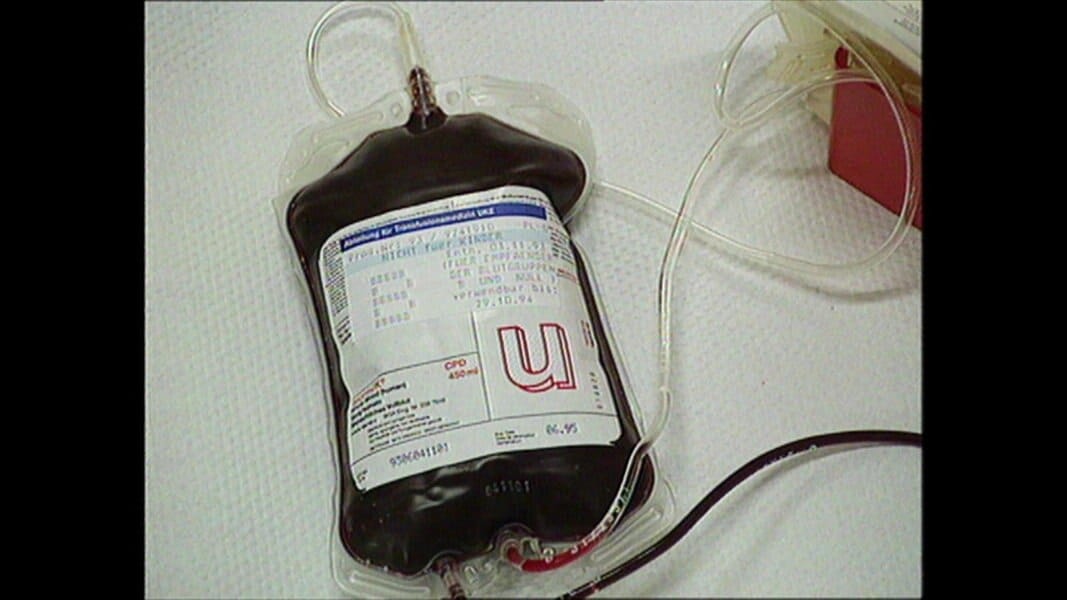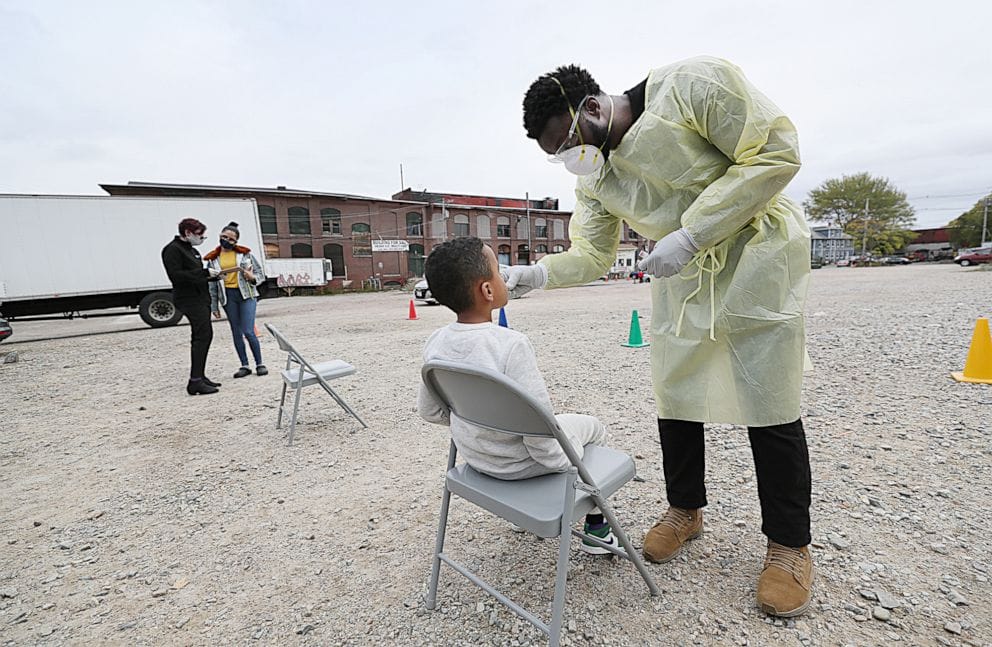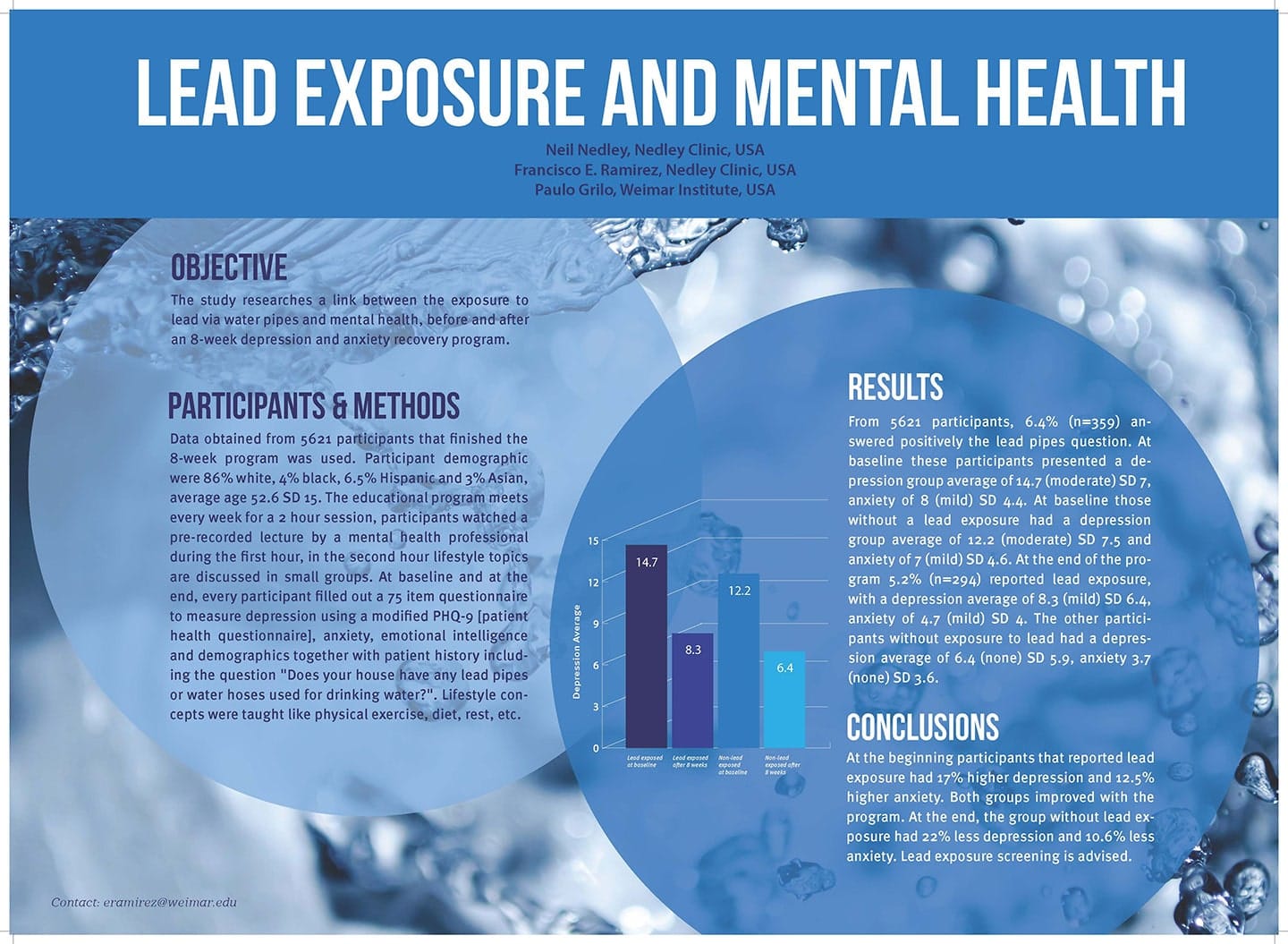The recent decision by the Trump administration to freeze foreign aid, including funding allocated for the global fight against HIV/AIDS, has caused alarm among health professionals, activists, and affected communities. The pause in funding threatens to seriously hinder ongoing initiatives in various countries, compromising the wellbeing of millions and potentially reversing the progress made in recent years on curbing the spread of the virus.
Programs that support prevention, testing, treatment, and care services for people living with HIV/AIDS face an uncertain future. In low- and middle-income countries, where the burden of the disease is disproportionately high, the enforced delay in financing will have dire consequences. Health clinics and centers may struggle with unpaid bills, delays in procuring essential medications, and failing infrastructure.
Furthermore, the COVID-19 pandemic has put additional pressure on strained public health systems in developing nations. The combination of a global health emergency and a funding freeze for HIV/AIDS efforts threatens progress made on both the front. The impact on vulnerable populations – especially key populations and women, who remain disproportionately affected by the transmission of the virus – can hardly be overstated.
Whilst the administration cites the need for an audit of the current funding landscape, activists argue that an immediate resumption of aid is vital in order to avoid exacerbating the pandemic’s toll on some of the world’s most vulnerable communities. Meanwhile, health organizations continue monitoring the situation with trepidation, cautioning that any delay in renewing the vital financial assistance may result in increased infections, deaths and intensified suffering for millions of individuals who depend on these initiatives.
Recognizing the gravity of this situation, global leaders are urgently urged to advocate for the reversal of the aid freeze, ensuring that funding for critical health initiatives against HIV/AIDS is not left on the sidelines. Despite the various challenges posed by the Trump administration’s decision, with concerted international efforts focused on pressing for aid resumption, there remains hope for mitigating the damage wrought by this unintended consequence of political bartering and funding prioritization.



